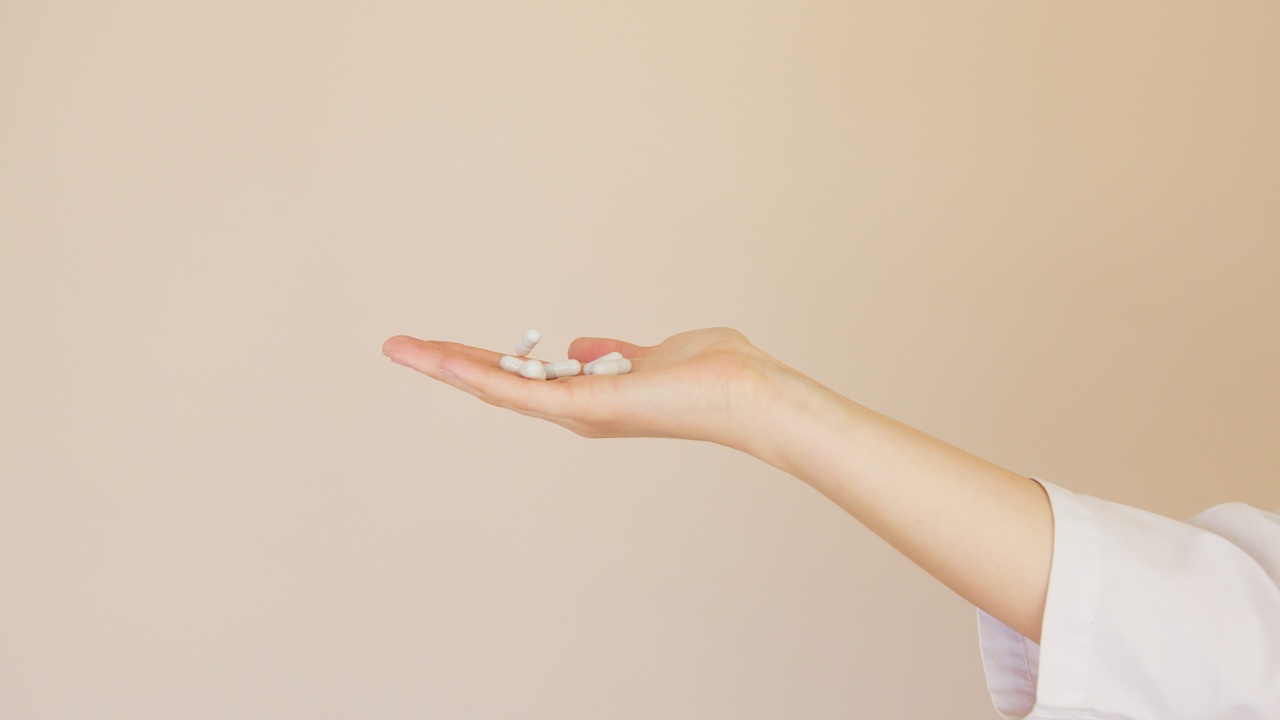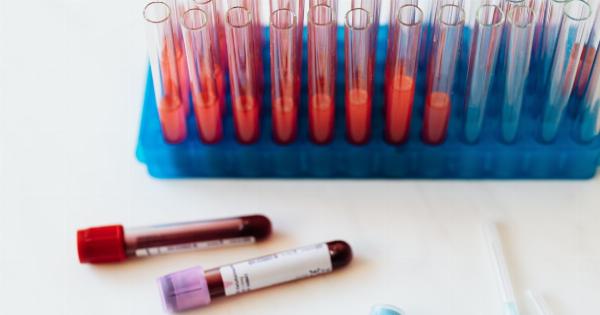Hypertension, commonly known as high blood pressure, is a major health concern worldwide. It affects millions of people, increasing the risk of heart disease, stroke, and other cardiovascular problems.
Treatment for hypertension often involves medication to help control blood pressure levels and reduce the risk of complications. However, many medications used to treat hypertension come with unwanted side effects that can impact an individual’s quality of life.
In this article, we will explore the concept of hypertension medication with zero side effects and its potential benefits.
Understanding Hypertension
Before delving into the topic of medication, it is essential to understand what hypertension is and how it affects the body. Blood pressure is the force exerted by circulating blood against the walls of blood vessels.
When this pressure consistently exceeds normal limits, it is referred to as hypertension. Hypertension is often called the “silent killer” because it typically does not cause noticeable symptoms but increases the risk of serious health conditions.
The Need for Hypertension Medication
Given the potential health risks associated with uncontrolled hypertension, medication plays a vital role in managing high blood pressure.
Medications prescribed for hypertension primarily aim to lower blood pressure levels and prevent damage to organs such as the heart, brain, and kidneys. These medications may include:.
- Diuretics
- Angiotensin-converting enzyme (ACE) inhibitors
- Angiotensin receptor blockers (ARBs)
- Beta-blockers
- Calcium channel blockers
The Challenge of Side Effects
While hypertension medications are crucial for effectively managing blood pressure, many conventional medications for hypertension come with side effects that can significantly impact a patient’s well-being and adherence to the treatment plan.
Common Side Effects of Traditional Hypertension Medication
1. Fatigue: Many hypertension medications can cause fatigue, leaving individuals feeling lethargic and lacking energy.
2. Dizziness: Some medications may cause dizziness or lightheadedness, which can be particularly concerning for older individuals.
3. Dry Cough: Certain classes of medications, such as ACE inhibitors, can lead to an annoying dry cough that persists throughout the day.
4. Sexual Dysfunction: Some blood pressure medications may interfere with sexual function and decrease libido, causing distress for patients.
5. Muscle Cramps: Calcium channel blockers, a common class of hypertension medication, can induce muscle cramps and discomfort.
6. Increased Urination: Diuretics, which help eliminate excess water and salt from the body, can lead to increased urination frequency, which can be an inconvenience.
7. Depression: Certain blood pressure medications have been associated with feelings of depression or mood alterations.
8. Insomnia: Difficulties falling asleep or staying asleep can be a side effect of some hypertension medications.
9. Swelling: Some individuals may experience swelling in the hands or feet due to fluid retention caused by certain medications such as calcium channel blockers.
10. Gastrointestinal Issues: Nausea, abdominal pain, and digestive disturbances are potential side effects of several blood pressure medications.
Exploring Hypertension Medication with Zero Side Effects
Considering the adverse effects associated with traditional hypertension medications, the search for alternative medications with zero side effects is of paramount importance.
While no medication is entirely free of potential side effects, there are certain approaches and strategies that can minimize the likelihood of experiencing them.
1. Lifestyle Modifications
Adopting a healthy lifestyle can significantly impact blood pressure management and potentially reduce the need for medication or the likelihood of side effects. Key lifestyle modifications for hypertension management include:.
- Regular exercise
- Maintaining a healthy weight
- Eating a balanced diet with reduced sodium intake
- Limiting alcohol consumption
- Quitting smoking
2. Natural Supplements
Several natural supplements have shown promise in helping to manage blood pressure levels. These supplements can be taken alongside medication but should always be discussed with a healthcare professional.
Examples of natural supplements with potential blood pressure-lowering effects include:.
- Garlic extract
- Fish oil
- Coenzyme Q10 (CoQ10)
- Hibiscus tea
- Magnesium
3. Combination Therapies
In some cases, combining different types of medications or using a combination of medication and lifestyle modifications can help achieve better blood pressure control while minimizing side effects.
This approach may involve lower dosages of individual medications or utilizing different mechanisms of action.
4. Personalized Treatment Plans
Hypertension medication should always be prescribed and monitored by a qualified healthcare professional.
Each individual is unique, and having a personalized treatment plan tailored to their specific needs can significantly improve blood pressure management and reduce the likelihood of side effects. Regular follow-up appointments enable adjustments to the treatment plan based on the individual’s response and tolerance to the medication.
Conclusion
While no hypertension medication can guarantee zero side effects, various strategies can help minimize the likelihood and severity of adverse reactions.
Emphasizing lifestyle modifications, considering natural supplements, exploring combination therapies, and tailoring treatment plans to individual needs are all critical in achieving effective blood pressure control without compromising overall well-being.




























